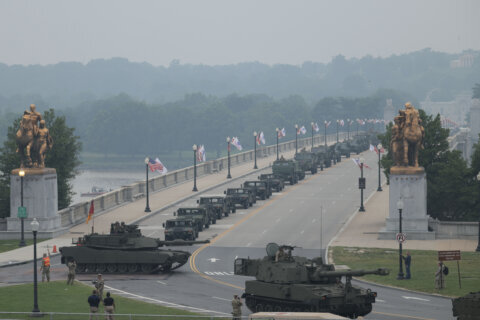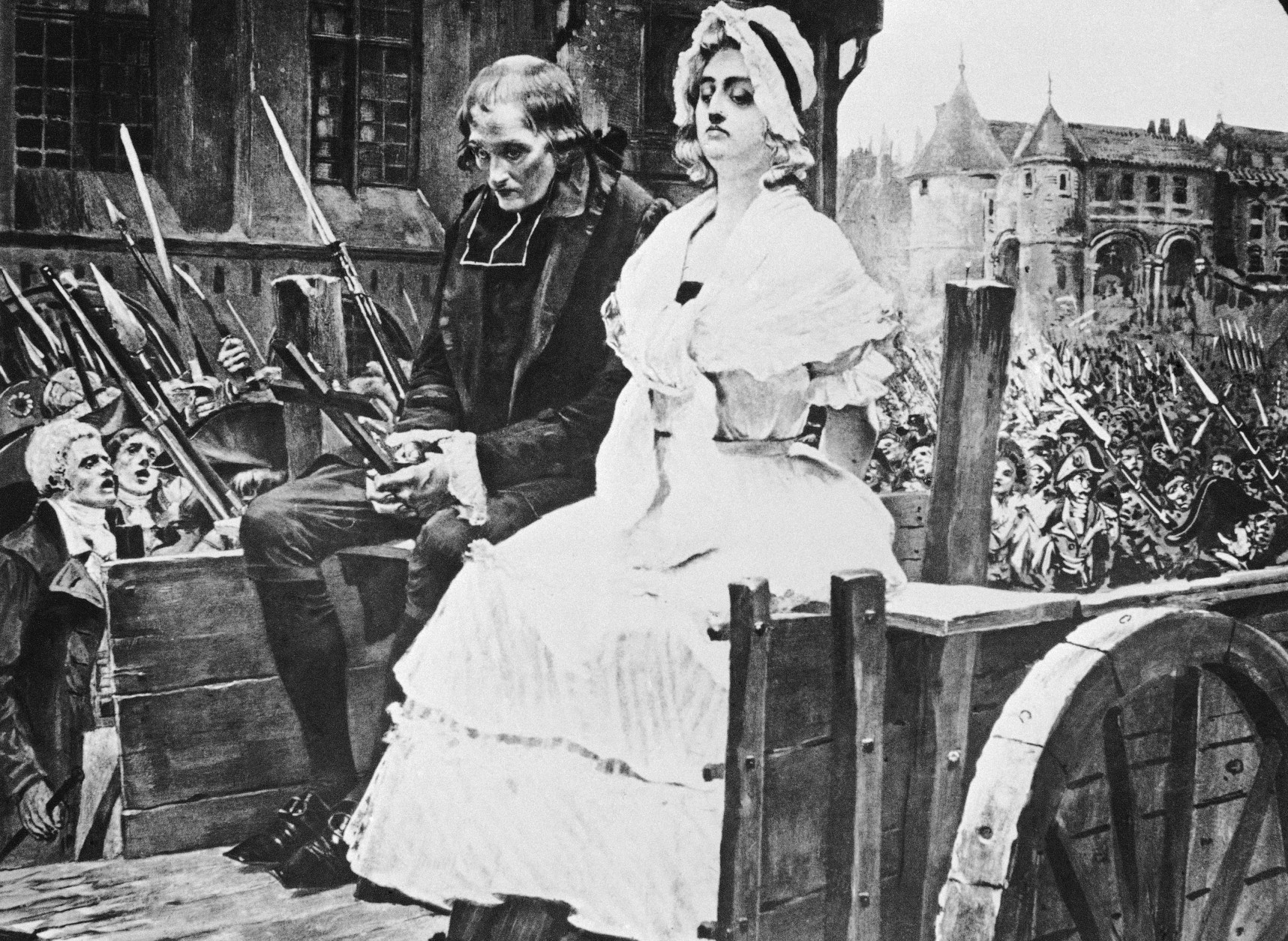


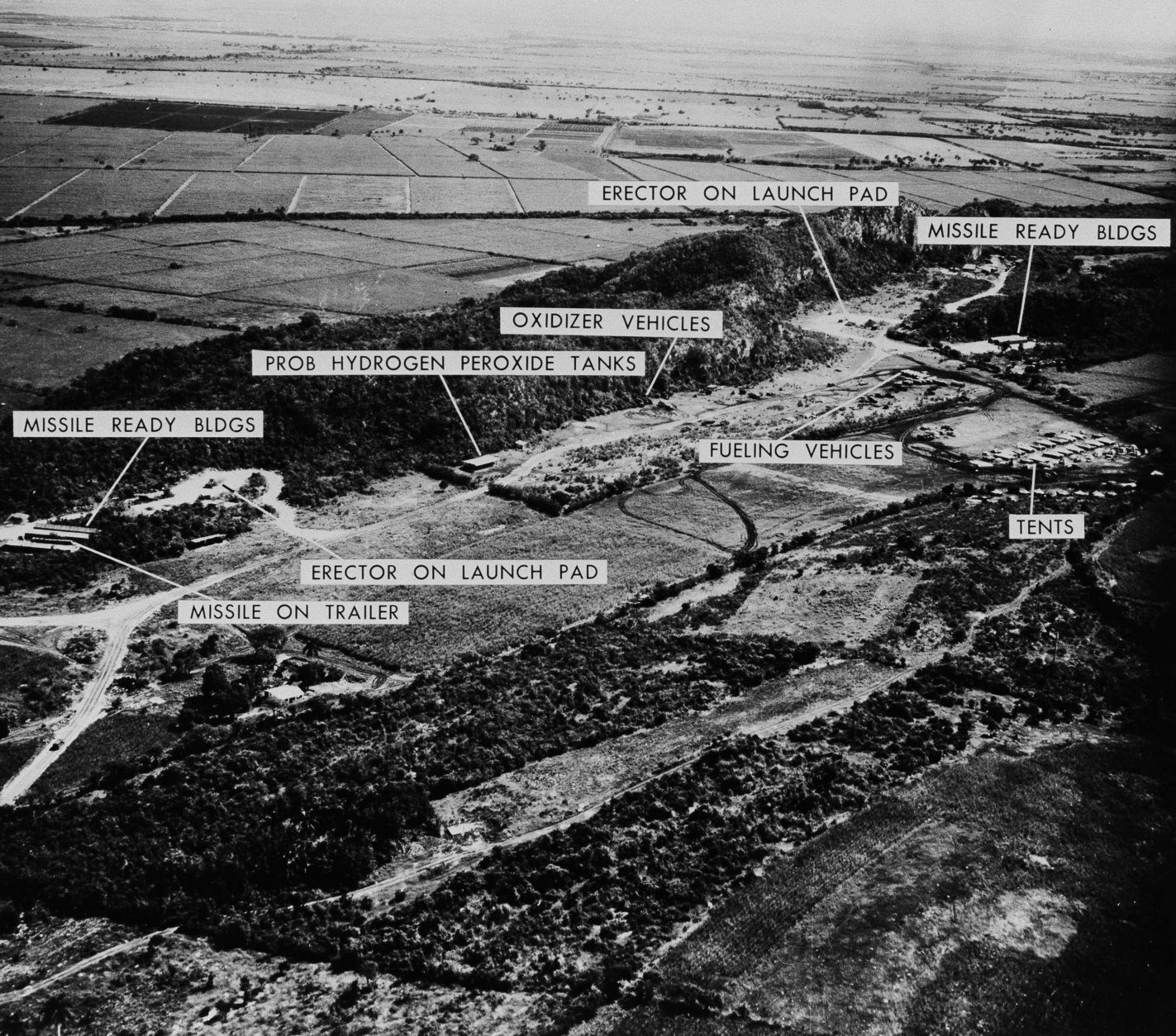
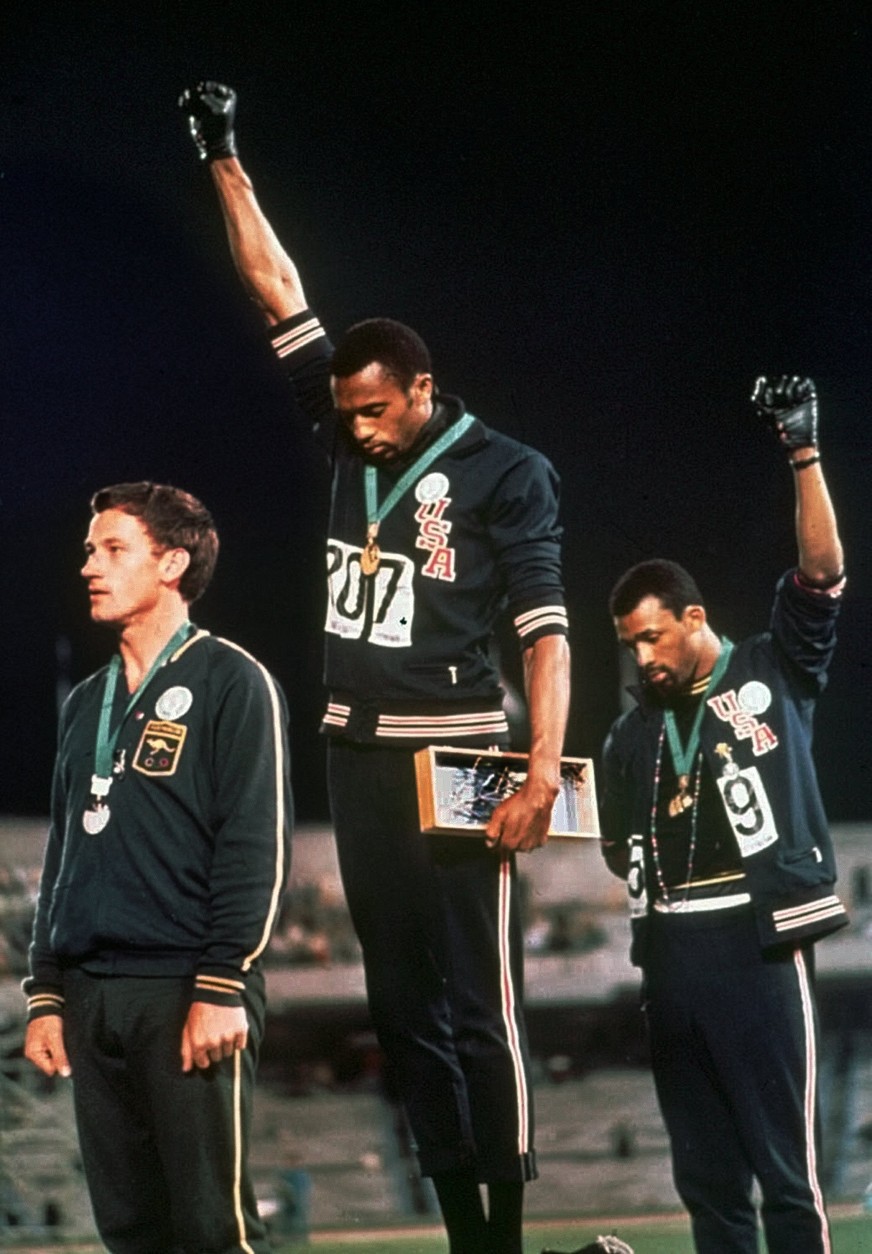

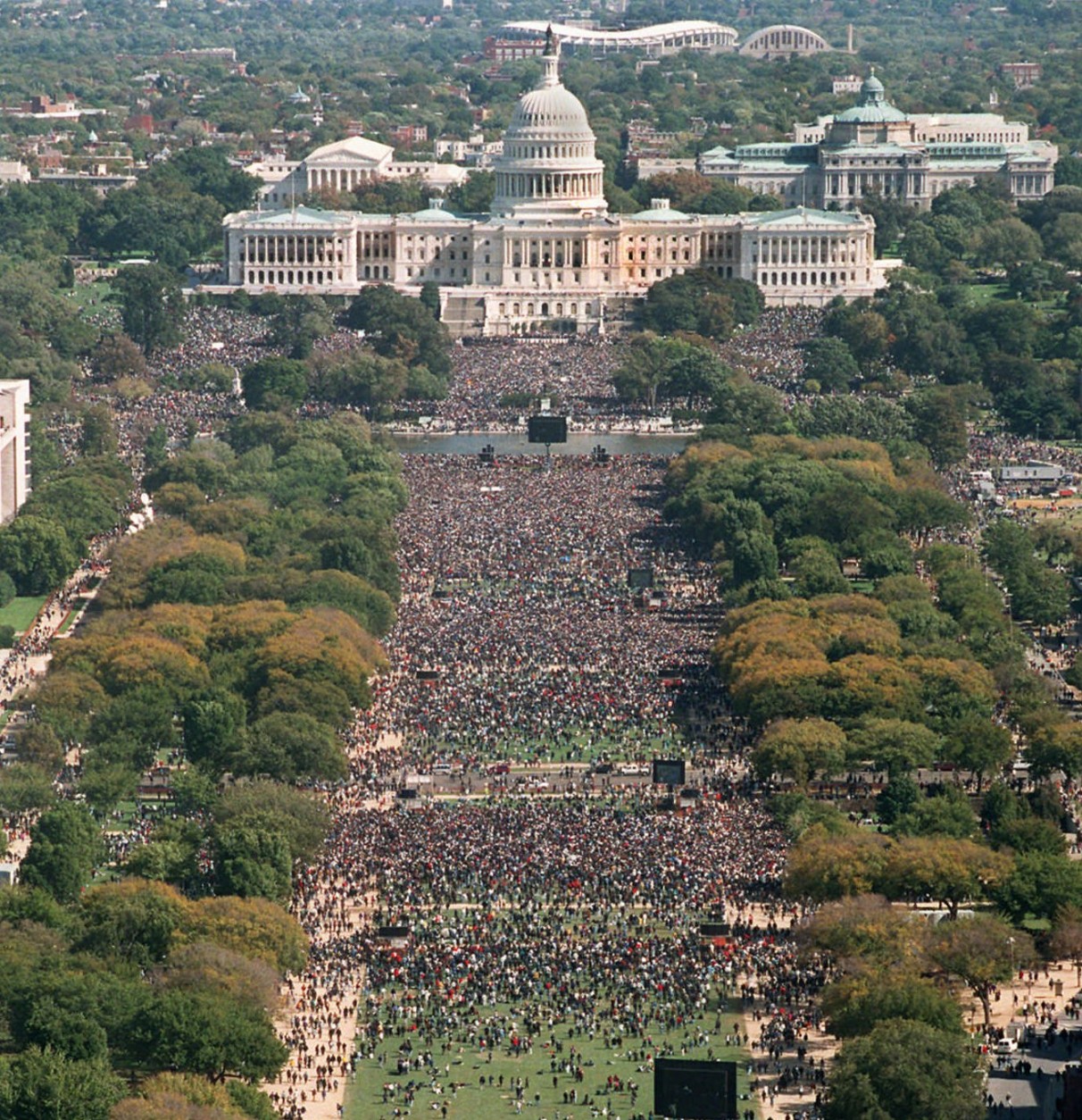



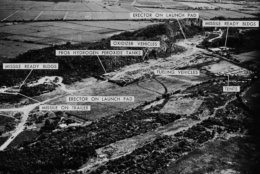
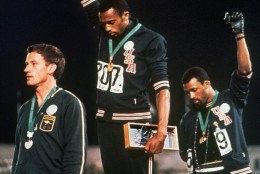

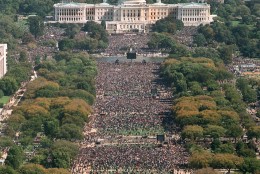
Today is Wednesday, Oct. 16, the 289th day of 2019. There are 76 days left in the year.
Today’s Highlight in History:
On Oct. 16, 1962, the Cuban missile crisis began as President John F. Kennedy was informed that reconnaissance photographs had revealed the presence of missile bases in Cuba.
On this date:
In 1793, during the French Revolution, Marie Antoinette, the queen of France, was beheaded.
In 1859, radical abolitionist John Brown led a group of 21 men in a raid on Harpers Ferry in western Virginia. (Ten of Brown’s men were killed and five escaped. Brown and six followers were captured; all were executed.)
In 1901, Booker T. Washington dined at the White House as the guest of President Theodore Roosevelt, whose invitation to the black educator sparked controversy.
In 1916, Planned Parenthood had its beginnings as Margaret Sanger and her sister, Ethel Byrne, opened the first birth control clinic in Brooklyn, New York. (The clinic ended up being raided by police and Sanger was arrested.)
In 1934, Chinese Communists, under siege by the Nationalists, began their “long march” lasting a year from southeastern to northwestern China.
In 1968, American athletes Tommie Smith and John Carlos sparked controversy at the Mexico City Olympics by giving “black power” salutes during a victory ceremony after they’d won gold and bronze medals in the 200-meter race.
In 1969, the New York Mets capped their miracle season by winning the World Series, defeating the Baltimore Orioles, 5-3, in Game 5 played at Shea Stadium.
In 1978, the College of Cardinals of the Roman Catholic Church chose Cardinal Karol Wojtyla (voy-TEE’-wah) to be the new pope; he took the name John Paul II.
In 1987, a 58-1/2-hour drama in Midland, Texas, ended happily as rescuers freed Jessica McClure, an 18-month-old girl trapped in a narrow, abandoned well.
In 1991, a deadly shooting rampage took place in Killeen, Texas, as a gunman opened fire at a Luby’s Cafeteria, killing 23 people before taking his own life.
In 1995, a vast throng of black men gathered in Washington, D.C. for the “Million Man March” led by Nation of Islam leader Louis Farrakhan.
In 2002, President George W. Bush signed a congressional resolution authorizing war against Iraq. The White House announced that North Korea had disclosed it had a nuclear weapons program.
Ten years ago: The government reported that the federal budget deficit for the just-ended fiscal year totaled an all-time high of $1.42 trillion (a record which still stands). Agricultural officials said pigs in Minnesota had tested positive for the H1N1 virus, or swine flu, the first such cases in the U.S.
Five years ago: During a special congressional hearing on the Ebola crisis, Republican lawmakers pressed for a ban on travel to the U.S. from the West African outbreak zone; the White House resisted the idea and tried to tamp down fear as the pool of Americans being monitored expanded. Travis Ishikawa hit the first homer to end an NL Championship Series, a three-run drive that sent San Francisco to a 6-3 victory over the St. Louis Cardinals in Game 5.
One year ago: A Turkish official said police searching the Saudi Consulate found evidence that Saudi writer Jamal Khashoggi (jah-MAHL’ khahr-SHOHK’-jee) had been killed there. President Donald Trump, in an Associated Press interview, criticized the global condemnation of Saudi Arabia over the disappearance of Khashoggi, describing it as a rush to judgment like the one he said had been aimed at Supreme Court nominee Brett Kavanaugh.
Copyright © 2026 The Associated Press. All rights reserved. This material may not be published, broadcast, written or redistributed.

